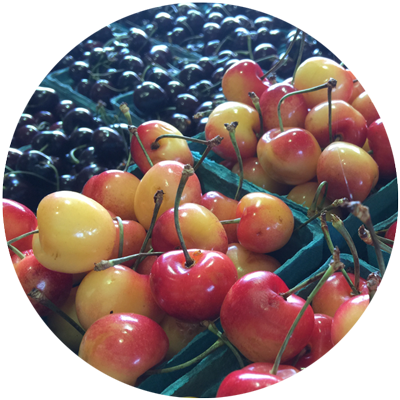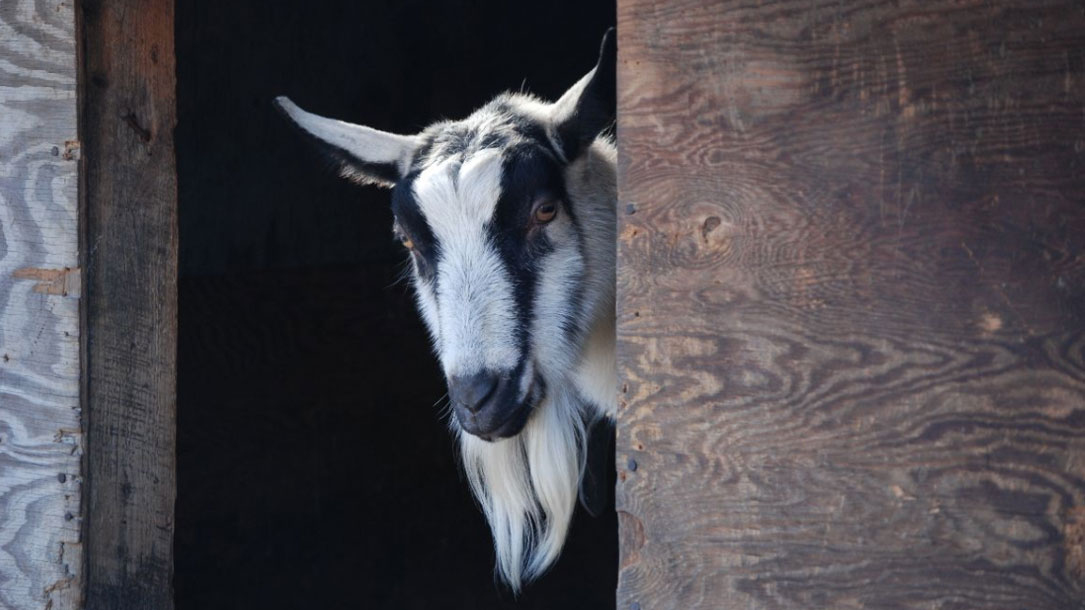
After a rough year, farmers and Congress are talking about climate solutions
As millions of acres of American farmland sat under historic floodwaters this spring, a remarkable pattern began to emerge.
Even among fields that sat side-by-side, with the same crops and the same soil type, researchers and farmers noticed that some bounced back faster than others.
What made the difference?
The fields that were slow to drain and remained waterlogged longer had been farmed conventionally—tilled, left bare, and unplanted over the winter. The fields that drained quickly and were ready for sowing hadn’t been tilled in years and had been planted every winter with cover crops, like rye and clover, which help control erosion, improve soil health and trap carbon in the soil…
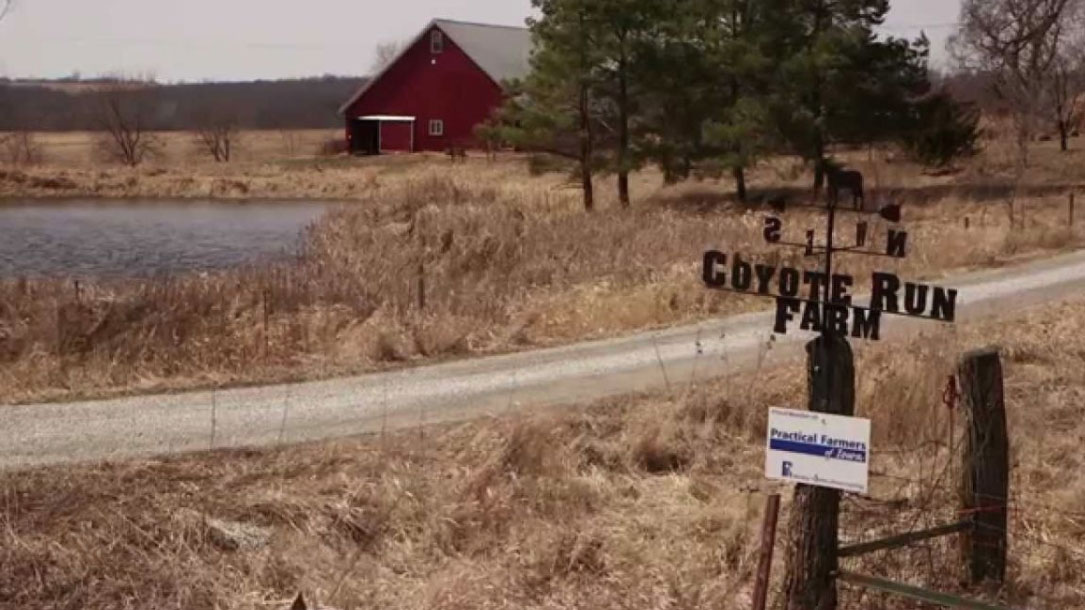
One man is trying to fight climate change by mobilizing an unlikely team: Iowa’s farmers
In early March, just a week before the Midwest was inundated by catastrophic flooding, a dozen farmers gathered at the First Presbyterian Church in Grinnell, Iowa, for an event billed as a conversation about “Faith, Farmers, and Climate Action.” “How is God calling you to use your farm to improve the world?” asked the evening’s facilitator, Matt Russell. “We’ve got this narrowing window of time in which we can act,” he said. “When we think about climate action—are you feeling any call to that?”
Russell directs the Iowa branch of Interfaith Power and Light, a nonprofit that promotes a religious response to global warming. A fifth-generation farmer who runs a livestock operation with his husband in nearby Lacona, Iowa, the 48-year-old nearly became a Catholic priest in his twenties but then got a degree in rural sociology. Now he preaches that America’s farmers—a demographic seen as religious and conservative—are a secret weapon in the climate fight.
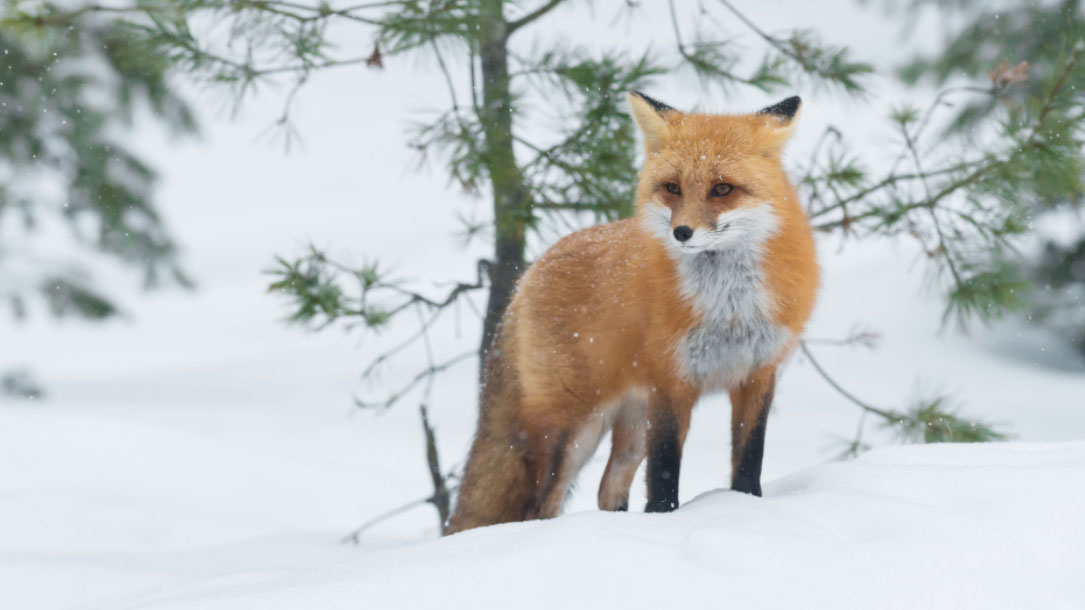
Letter to a young climate activist on the first day of the new decade
Climate chaos is the worst thing human beings have brought upon themselves and the earth, and we are just beginning to see its impact, in heartbreaking phenomena from melting ice to starving whales to burning forests. If you’re sad, you’re not alone.
If you’re scared, you’re not alone. Those of you who are young have every reason to be furious that you were handed a world entering into an era of catastrophe and disruption. You did nothing to make this mess and most of us who are older didn’t do enough to avert it during the last 30 years that we have known we should act, the last 15 when we had the renewable-energy technology to leave the age of fossil fuel behind.
I would never question the rightness of that fury, but I am going to go after despair, hopelessness, and powerlessness. And maybe your fury pointed in the right direction is a treasure: a non-fossil fuel, a clean-burning fire, a passion to do what we need to do. Fury can fight for all that is still with us and all that is worth protecting. And there is so much that is worth protecting…
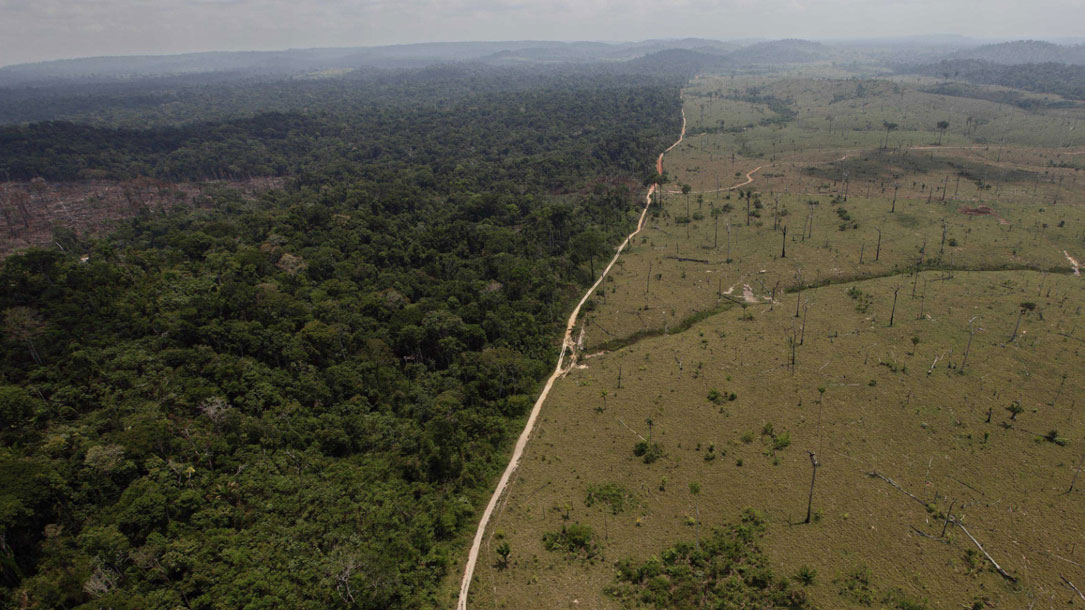
To Slow Global Warming, U.N. Warns Agriculture Must Change
“Humans must drastically alter food production to prevent the most catastrophic effects of global warming, according to a new report from the United Nations panel on climate change.
The panel of scientists looked at the climate change effects of agriculture, deforestation and other land use, such as harvesting peat and managing grasslands and wetlands. Together, those activities generate about a third of human greenhouse gas emissions, including more than 40% of methane…”

It’s Time To Get Serious About Reducing Food Waste, Feds Say
Word that Americans throw away about one-third of our available food has been getting around.
Now there’s an official goal aimed at reducing that waste.
Today, the U.S. Department of Agriculture and the Environmental Protection Agency — along with many private-sector and food-bank partners — announced the first ever national target for food waste.
“[We’re] basically challenging the country to reduce food waste by 50 percent by the year 2030,” Agriculture Secretary Tom Vilsack tells The Salt…
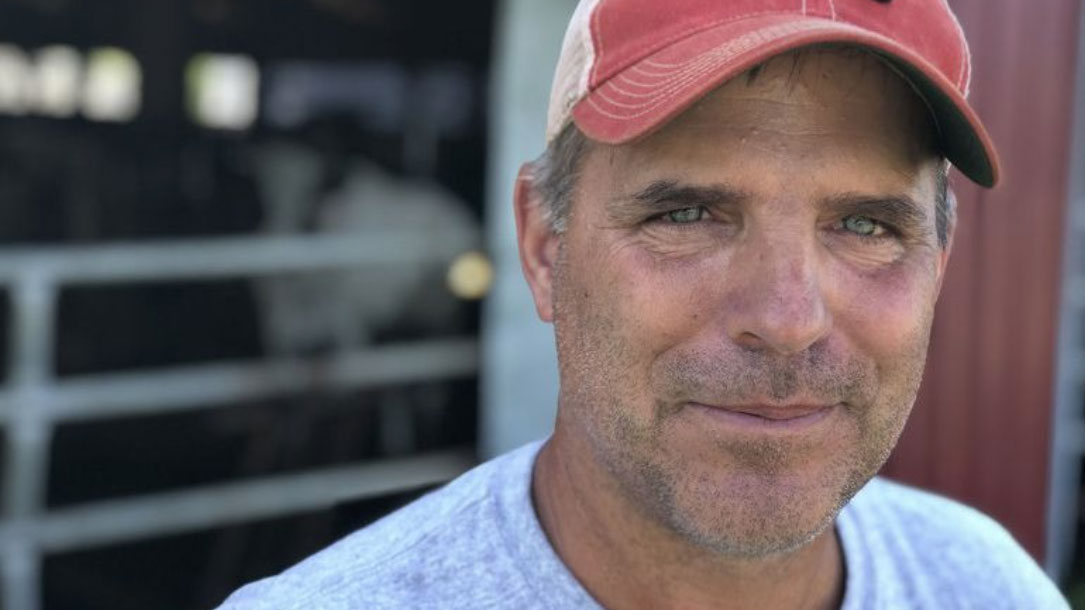
Farmers are using food waste to make electricity
If you piled up all the food that’s not eaten over the course of a year in the U.S., it would be enough to fill a skyscraper in Chicago about 44 times, according to an estimate from the U.S. Department of Agriculture.
And, when all this food rots in a landfill, it emits methane, a powerful greenhouse gas that contributes to climate change. In fact, a recent report from the United Nations from a panel of climate experts estimates that up to 10 percent of all human-made greenhouse gas emissions are linked to food waste…
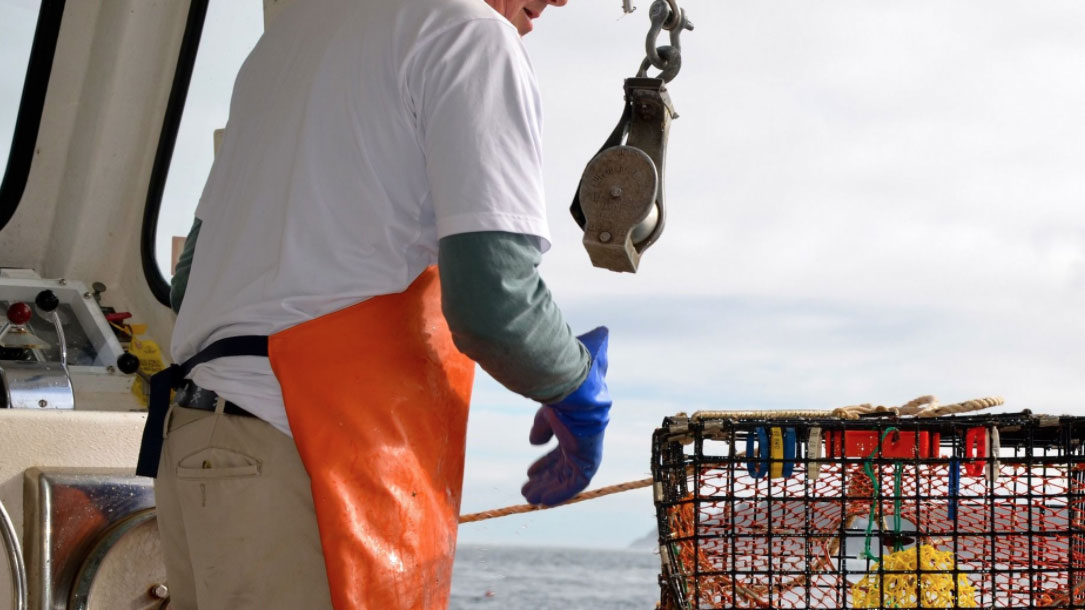
Mysterious Lobster Deaths In Cape Cod Raise Climate Change Concern
Last month, lobstermen in Cape Cod Bay hauled up something disturbing. In one section of the bay, all of their traps were full of dead lobsters. Research biologists went to work trying to solve the mystery, and what they found suggests we may see more of this as the climate changes…
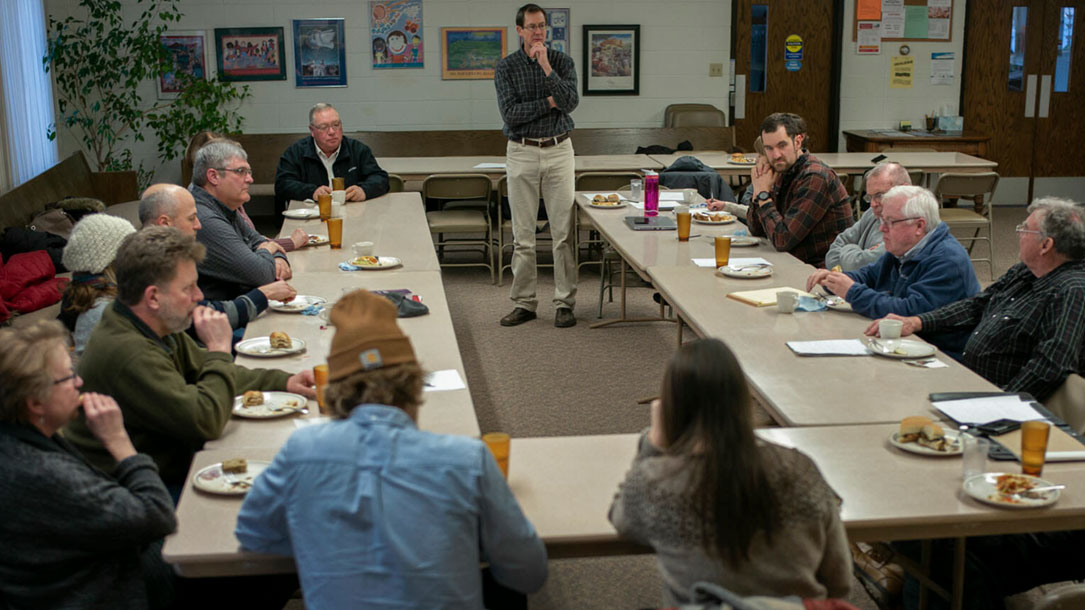
One man is trying to save the world from climate change by mobilizing an unlikely team: Iowa’s farmers
“In early March, just a week before the Midwest was inundated by catastrophic flooding, a dozen farmers gathered at the First Presbyterian Church in Grinnell, Iowa, for an event billed as a conversation about “Faith, Farmers, and Climate Action.” “How is God calling you to use your farm to improve the world?” asked the evening’s facilitator, Matt Russell. “We’ve got this narrowing window of time in which we can act,” he said. “When we think about climate action—are you feeling any call to that?”
Russell directs the Iowa branch of Interfaith Power and Light, a nonprofit that promotes a religious response to global warming. A fifth-generation farmer who runs a livestock operation with his husband in nearby Lacona, Iowa, the 48-year-old nearly became a Catholic priest in his twenties but then got a degree in rural sociology. Now he preaches that America’s farmers—a demographic seen as religious and conservative—are a secret weapon in the climate fight…”

Farmers ‘understand that the climate is changing and we have to adapt’
Fred Yoder, a fourth-generation Ohio farmer, has served on President Trump’s agriculture committee and chairs the North American Climate Smart Agriculture Alliance. He raises corn, soybeans, and wheat on about 1,500 acres, and has a seed and consulting business called Yoder Ag Services. Although the climate conversation is divisive in farm country, more farmers are talking about ways to address the issue.
We reached Yoder, who has been outspoken on climate change, while he was on his tractor. He was planting a cover crop—a crop that is eventually killed off, adding nutrients and organic matter to the soil and sequestering carbon. The following is an edited version of the conversation…

Agrivoltaics proves mutually beneficial
Building resiliency in renewable energy and food production is a fundamental challenge in today’s changing world, especially in regions susceptible to heat and drought.
Agrivoltaics, the co-locating of agriculture and solar photovoltaic panels, offers a possible solution, with new University of Arizona-led research reporting positive impacts on food production, water savings, and the efficiency of electricity production…



